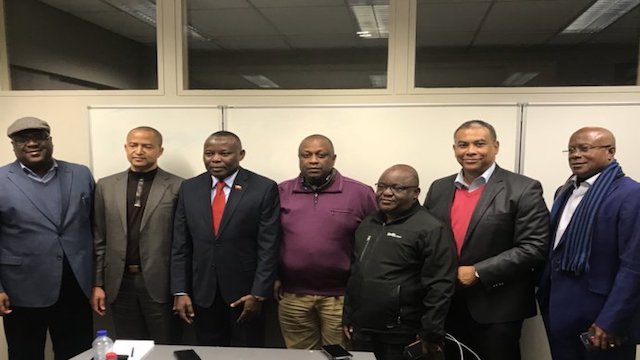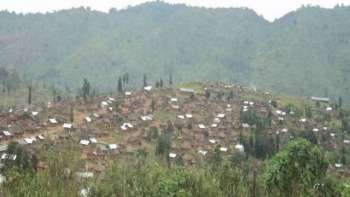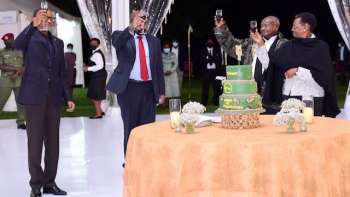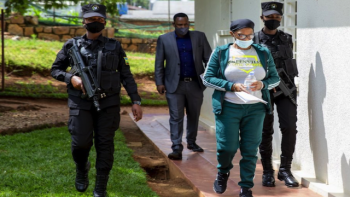Emmanuel Ramazani Shadary, the candidate of the Common Front for Congo (FCC) is the ideal dauphin of Joseph Kabila for the presidential elections planned in December 2018 in the Democratic Republic of the Congo (DRC). He matches the expectations so nicely, that some analysts believe that Joseph Kabila will easily achieve his goal: staying in power, after appeasing and manipulating the internation community and organizing elections that will never happen.
Why the elections could fail.
As reported by AfroAmerica Network, based on sources close to Joseph Kabila, the strategy is to manipulate everybody so that they are distracted, while Joseph Kabila works on his next step. Hence several actions, events and actors support the strategy.
First: Joseph Kabila's appointment of Mr. Ramazani is, at the outset, a major challenge to the process itself.
Emmanuel Ramazani Shadary, being a person who, since 2017, has been targeted by sanctions by the European Union (EU) for human rights violations, including deadly crackdowns by security forces on protesters, is an albatros. He will be a weak candidate, even if he is viable.
That is why many affirm that Joseph Kabila himself does not believe in Emmanuel Ramazani Shadary's presidency.
Second: the entire pool of candidates from the opposition have asked to fix the defective or inaccurate voting machines, before any elections. The DRC Electoral commission, known as CENI, has dismissed these requests. Hence, the opposition may opt to not participate, leading to the cancellation or postponing the elections. Which what Joseph Kabila and his closest associates want.
Third: there is a consensus that the voter lists include more than 6 millions ghost voters. Once again the CENI has brushed off the claim: another point the the opposition leaders may invoke to boycott elections and hence hand Joseph Kabila ammunition to cancel or postpone the elections.
Fourth: Joseph Kabila's Finance Minister, Henri Yav Mulang, has declared that, beyond the $435 million allocated, there is no money in the state budget for ensuring the security of the elections. Joseph Kabila has, at the same time, rejected any external aid and has even ordered his troops and security services to make sure foreign government, NGOs, and third parties, including the UN Peacekeeping mission in Congo, MONUSCO, do not help in the organization and the security of the elections. Without security, elections may not happen.
Fifth: Joseph Kabila made sure Moise Katumbi, one of the most influential opposition contender, does not register his candidacy. Moise Katumbi may seek other options, including violent protests, chaos, a coup attempt with the help of General John Numbi, and launching an invasion with the support from the Rwandan dictator Paul Kagame. Joseph Kabila may use the invasion or any unrest as an excuse to cancel the elections.
Sixth: Jean -Pierre Bemba, another influential opposition leader has registed his candidacy.
Jean-Pierre Bemba recently released from an International Criminal Court prison, after serving more than 10 years, travelled from Europe to Kinshasa to register as a candidate, apparently supported by some European countries. But, as soon as he registered, he decided to return to Europe. There are signs that his candidacy may not be approved by CENI, under the provisions that he was condemned by the International Criminal Court for corrupting witnesses, which would disqualify him. Sensing the potential challenge from CENI, he appeared to prepare for protests or other options, that Joseph Kabila may also use as pretext to annul or postpone elections.
With all these barriers, Joseph Kabila, while executing his strategy to remain in power, appeared to have appointed a dauphin who is more of a pawn than a viable presidential candidate.
















